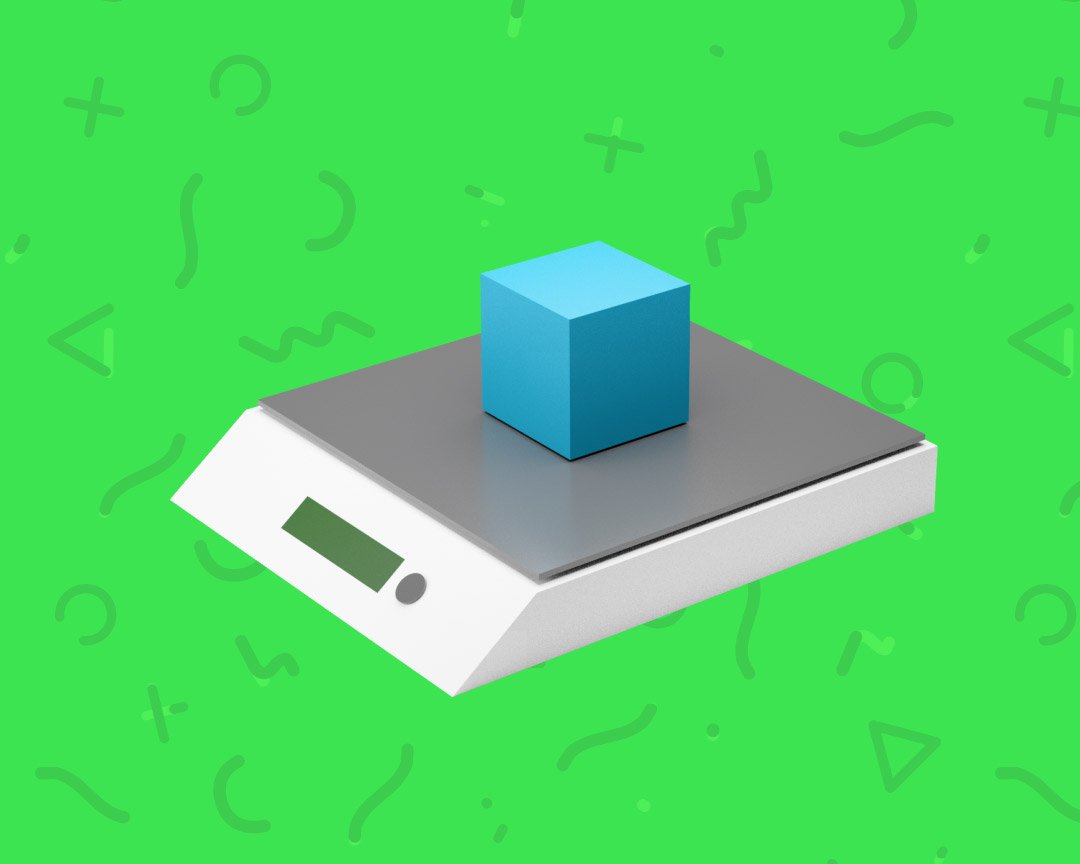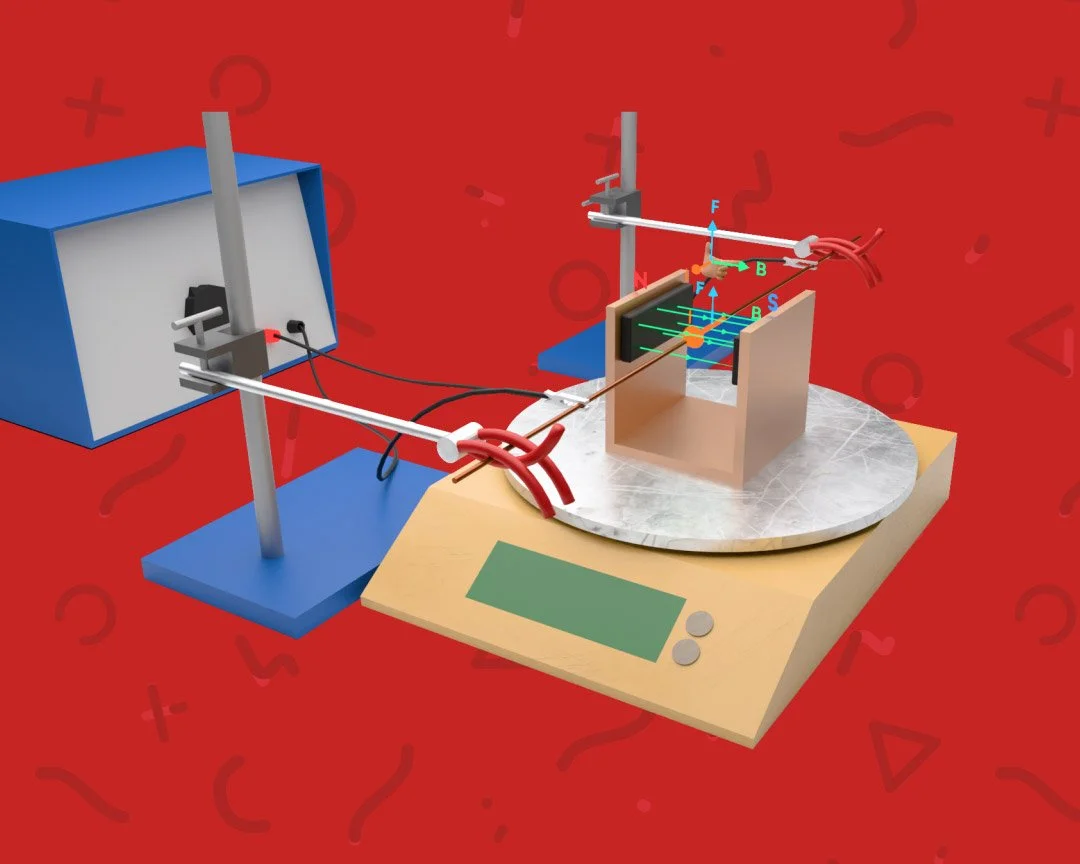Preparing for GCSE Exams
Strategies for effective revision and exam preparation
As GCSE exams approach, effective revision becomes crucial in ensuring success. With the right strategies and resources, your child can approach their physics exams with confidence. In this guide, we'll explore proven methods for revision and exam preparation, supported by the resources available on GoPhysics.co.uk.
1. Start Early and Plan Strategically:
Begin revision well in advance to allow for thorough coverage of all topics. Create a realistic study schedule, allocating specific time slots for each subject.
2. Utilise GoPhysics Resources:
Leverage the comprehensive resources available on GoPhysics.co.uk, including video lessons, animations, flashcards, and in-built questions. These materials are tailored for GCSE physics and provide valuable context and reinforcement for exam preparation.
3. Focus on Key Concepts and Past Papers:
Identify key concepts and topics that are likely to be tested. Practice past exam papers to familiarise your child with the format and types of questions they can expect.
4. Active Engagement through Note-Taking:
Encourage active learning by taking notes during revision. Summarising information in their own words aids in understanding and retention.
5. Visual Aids and Mind Mapping:
Use diagrams, charts, and mind maps to visually represent complex concepts. This aids in memory recall and reinforces understanding.
6. Practice Effective Time Management:
During practice exams, teach your child to allocate time wisely for each section. Remind them to leave ample time for review and double-checking their answers.
7. Variety in Revision Techniques:
Incorporate a mix of techniques such as flashcards, problem-solving, and teaching the material to someone else. This helps reinforce learning through different methods.
8. Break Tasks into Manageable Chunks:
Divide revision into smaller, manageable sections. Tackling one topic at a time makes the process less overwhelming.
9. Regular Self-Assessment and Feedback:
Encourage your child to assess their own progress through self-quizzing and timed exercises. Provide constructive feedback to help them improve.
10. Stay Mindful of Well-Being:
Ensure your child gets enough rest, eats balanced meals, and stays hydrated. Well-being is crucial for optimal cognitive function during revision.
11. Simulate Exam Conditions:
Conduct practice exams under conditions that mimic the actual exam. This helps your child get accustomed to the exam environment and time constraints.
12. Stay Positive and Manage Stress:
Offer emotional support and encouragement. Remind your child of their achievements and reinforce a positive mindset towards exams.
13. Review and Revise Regularly:
Periodically revisit previously covered material to reinforce memory retention. Consistent review is key to long-term retention.
By implementing these revision strategies, your child will be well-prepared to excel in their GCSE physics exams. With the resources available on GoPhysics.co.uk, they have access to a wealth of materials designed to support their learning journey.
For access to a comprehensive range of GCSE physics resources, including video lessons, animations, flashcards, and in-built questions, visit GoPhysics.co.uk. Your child's path to exam success starts here!
We hope this guide helps your child prepare effectively for their GCSE physics exams using resources from GoPhysics.co.uk!
-




